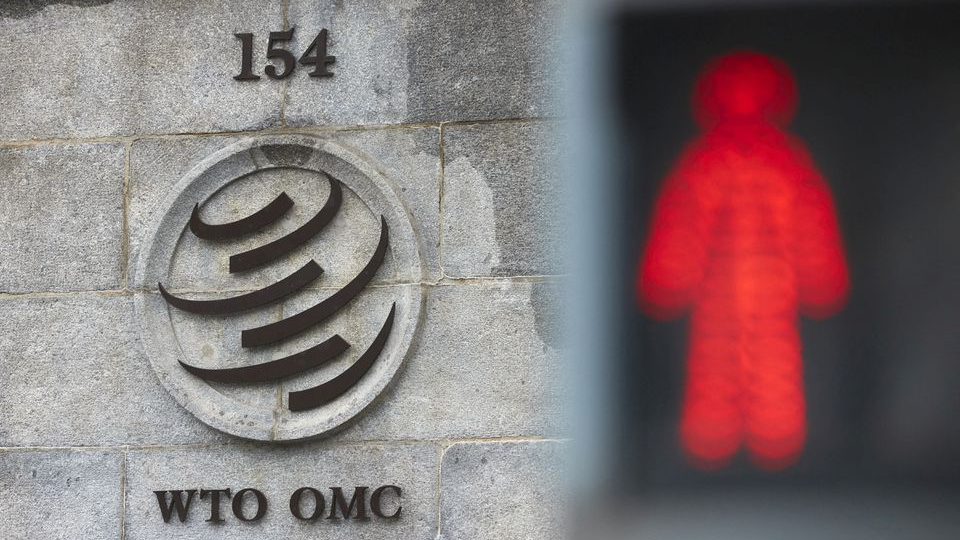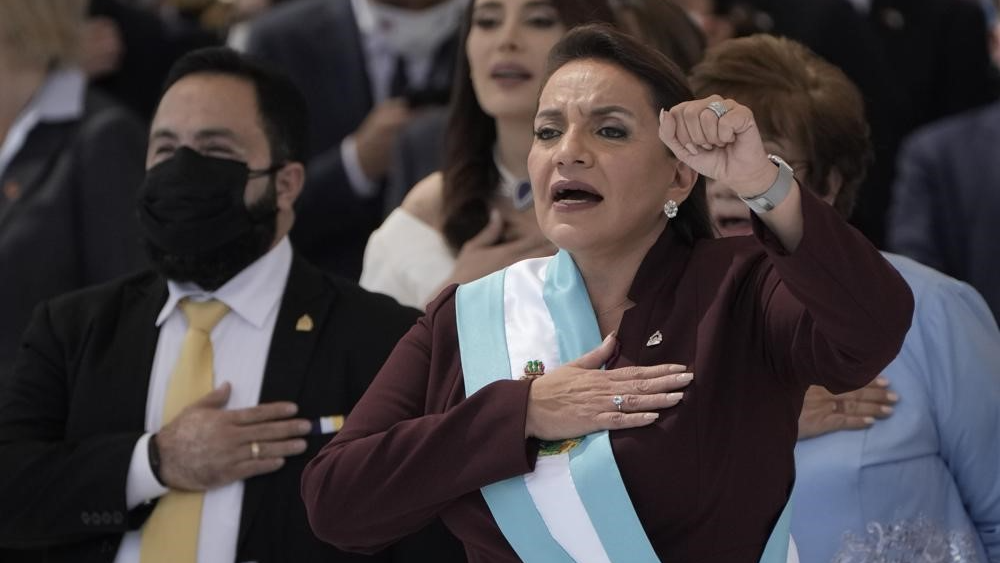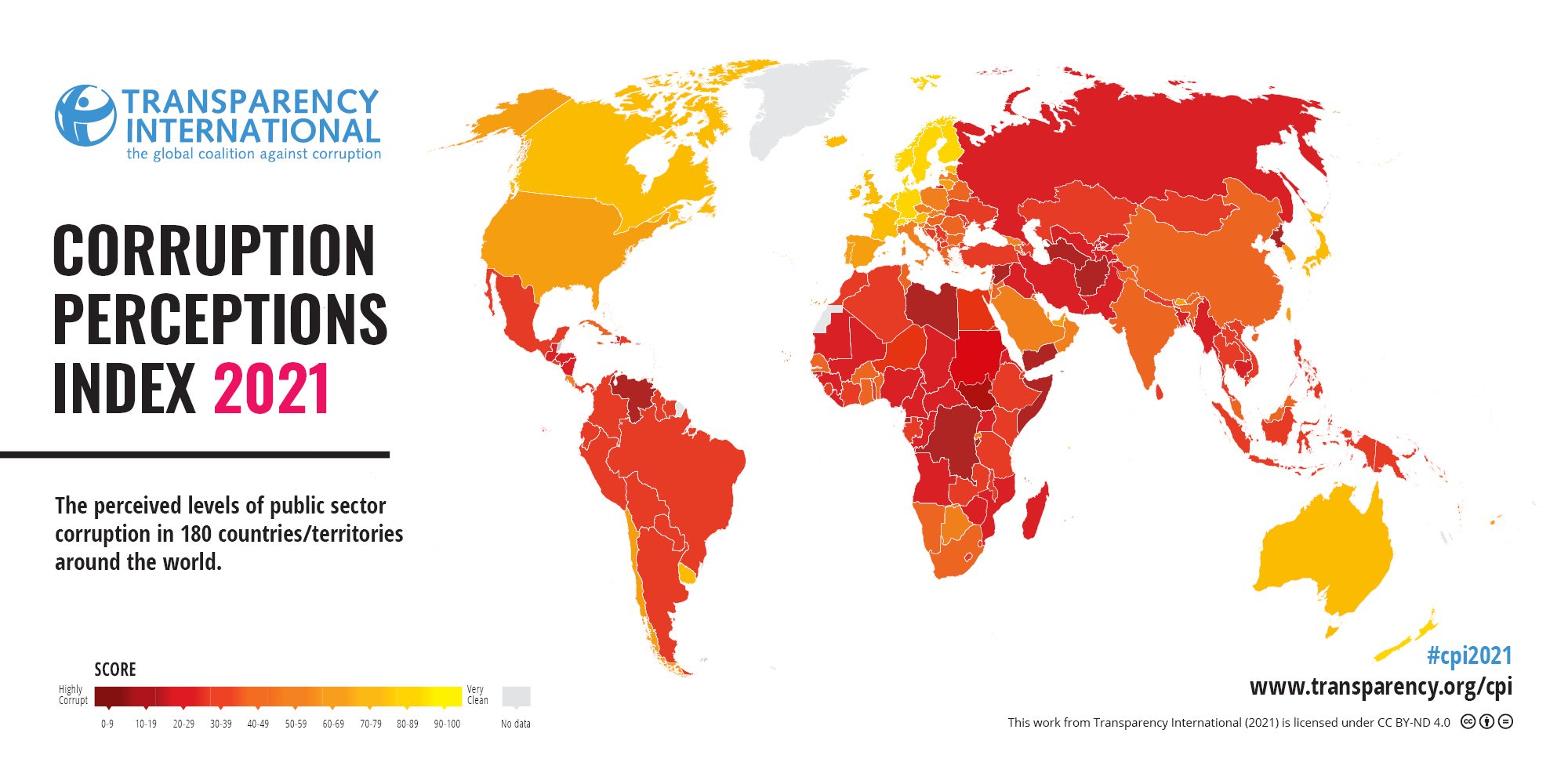
Here’s what you need to know: N. Korea tests biggest missile since 2017, The IMF lowered its global growth forecast for 2022, Florida is so cold the iguanas are falling out of trees, Physicists create self-burning plasma, Honduras’ new president sworn in amid congressional impasse.

N. Korea tests biggest missile since 2017, US calls for talks. North Korea confirmed it had launched a Hwasong-12 ballistic missile, the same weapon it had once threatened to target the US territory of Guam. North Korea is due to chair the world disarmament conference in May.
Ethiopia lifts state of emergency. Ethiopia has agreed to lift the current state of emergency imposed in November 2021. Threats will be addressed through regular law enforcement mechanisms.
New wave of coups against democratic regimes in West Africa, Burkina Faso joins the list. Burkina Faso is under a coup due to the jihadist security crisis. This is the third country, with Mali and Guinea, to have a coup.
Denmark announces military retreat in Mali. Mali’s transitional government suggested the troops’ withdrawal in a public statement. There are similar tensions with other European countries.
Dozens sentenced to death over 2017 murders of UN experts in DRC. About 50 people have been sentenced to death, many in absentia, in connection with the murders of two UN experts in 2017.

Direct air capture machines suck carbon dioxide from the atmosphere. The world’s first commercial direct air capture (DAC) plant is designed to remove thousands of tonnes of greenhouse gas every year and then inject it deep underground.
Physicists create self-burning plasma. Physicists in the US briefly generated self-propagating nuclear fusion reactions in a lab. However, there is still a long way to go to create fission generators which mimic the sun.
China to allow gene-edited crops in push for food security. China has published trial rules for the approval of gene-edited plants, paving the way for faster improvements to crops as it seeks to bolster its food security.
The slope of Earth’s magnetic field helps birds touchdown. Birds sense a specific aspect of Earth’s magnetic field, called the angle of inclination, that tells the birds when they have completed their journey north. It functions as a kind of ‘magnetic address’ or ‘stop sign’.
China now has nearly 50% of the world’s offshore wind capacity. China can now produce up to 26 GW of offshore-wind power. Between 2015 and 2020 the rest of the world, collectively, added just over 14GW, according to data from the International Renewable Energy Agency.

Florida is so cold the iguanas are falling out of trees. Iguanas are cold-blooded. They slow down or become immobile when temperatures drop into the 40s (4-9 Celsius). They may fall from trees, but they are not dead.
Cash aid to poor mothers improved babies’ brain function. The study recruited 1,000 mothers with new-born infants and divided them into two groups: one who would receive cash payments of $333 a month and another who would receive $20 a month. After a year, the group receiving the higher income displayed noticeably more brain activity.
Bataclan survivor finds NFT of her X-ray for sale online. A French surgeon faces legal action after he tried to sell an X-ray of one of his patient’s injuries as a digital artwork without her consent.
Mexico: Among the worst countries to be a journalist. According to the rights group Article 19, 24 journalists were killed between December 2018 and the end of 2021.
US diabetes deaths top 100,000 for second straight year. Diabetes-related deaths surged 17% in 2020 and 15% in 2021. That excluded deaths directly attributed to COVID-19. About 11% of the population have diabetes, and one in three Americans will suffer from it in their lifetime if current trends persist.

WTO lets China impose tariffs on US in Obama-era case. The WTO authorised China to impose $645 million of compensatory tariffs against the US for tariffs instituted in 2008-2012 by the US on China.
The IMF lowered its global growth forecast for 2022. According to its latest World Economic Outlook, global GDP growth is expected to fall from 5.9% in 2021 to 4.4% this year and 3.8% in 2023.
Xi offers Central Asian countries $500 million, announces $70 billion trade target. The Chinese President pledged to import more quality goods and agricultural products from countries in the region and strive to increase the trade between the two sides to $70 billion by 2030.
IMF urges El Salvador to remove Bitcoin as legal tender. The IMF has warned of the risks the cryptocurrency poses to the country, stressing that it would be difficult to get a loan from the institution in future.
US Fed flags rate hike soon, and plans for significant balance sheet reduction. It is likely that US interest rates will be raised in March, and the Fed reaffirmed plans to end its bond purchases.

Honduras’ new president sworn in amid congressional impasse. Hondurans saw Xiomara Castro sworn in as their country’s first female president. Poverty and a lack of opportunity have driven hundreds of thousands of Hondurans to migrate in recent years.
Trump says he would pardon Jan 6 Capitol rioters if he runs and wins. Trump, who has not said whether he will run for president again after his defeat by Democrat Joe Biden in the 2020 election, was speaking at a rally in Conroe, Texas.
Malawi’s president dismisses entire cabinet. The President has announced the dismissal of his entire cabinet with immediate effect over corruption charges involving three ministers. All parliamentary powers are temporarily with him.
Rwanda to reopen border with Uganda after three years of political tension. The border was closed in 2019 following incursions of Rwandan troops into Ugandan territory.
Corruption is getting worse in many poor countries. Almost 70% of countries score below 50. The average score in sub-Saharan Africa is 33, the lowest for any region. In western Europe it is 66.
